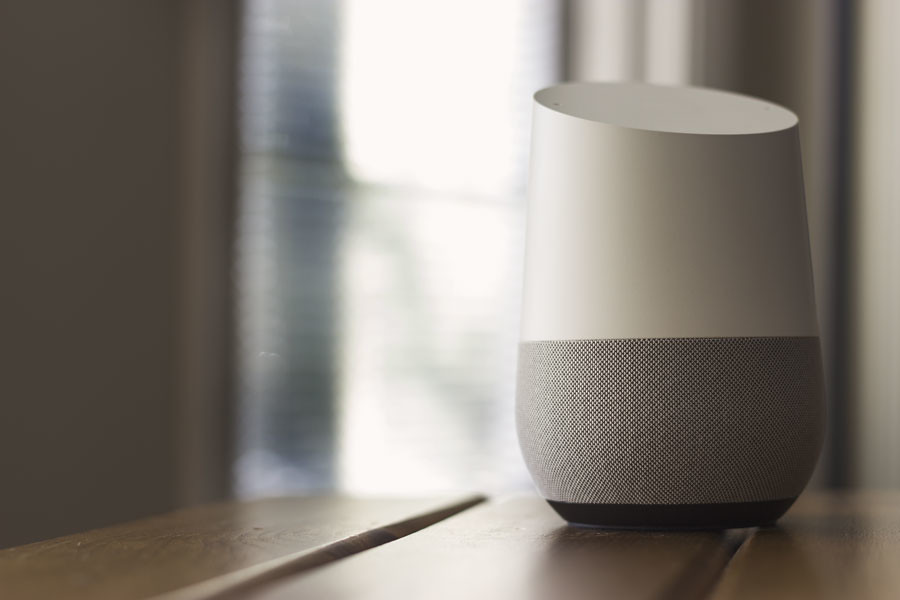Humans might be listening to your Google Assistant recordings

Google’s privacy policy page makes no mention of the fact human contractors listen to some of the recordings.
The news: In a report this week, Belgian public broadcaster VRT NWS revealed that it had been leaked thousands of audio clips recorded by Google Assistant, a virtual AI assistant embedded in Google devices, including its Home smart speaker. They were shared by a contractor paid to transcribe the recordings as part of work to improve the software’s accuracy.
The clips include fragments of deeply personal conversations, including people’s addresses, information on someone’s love life, and what sounded like a woman in distress. Many of the recordings were captured accidentally, because the speaker had incorrectly identified the “wake word.” As we learned in April, Amazon does the same with Alexa clips.
Google’s response: In a blog post, Google said that just 0.2% of all recordings are transcribed, and that users have the option to stop Google from storing their audio data.
Legally questionable: Because Google doesn’t inform users that humans review recordings in this way, and thus doesn’t seek their explicit consent for the practice, it’s quite possible that it could be breaking EU data protection regulations. We have asked Google for a response and will update if we hear back.
Sign up here for our daily newsletter The Download to get your dose of the latest must-read news from the world of emerging tech.
Keep Reading
Most Popular
Large language models can do jaw-dropping things. But nobody knows exactly why.
And that's a problem. Figuring it out is one of the biggest scientific puzzles of our time and a crucial step towards controlling more powerful future models.
How scientists traced a mysterious covid case back to six toilets
When wastewater surveillance turns into a hunt for a single infected individual, the ethics get tricky.
The problem with plug-in hybrids? Their drivers.
Plug-in hybrids are often sold as a transition to EVs, but new data from Europe shows we’re still underestimating the emissions they produce.
Google DeepMind’s new generative model makes Super Mario–like games from scratch
Genie learns how to control games by watching hours and hours of video. It could help train next-gen robots too.
Stay connected
Get the latest updates from
MIT Technology Review
Discover special offers, top stories, upcoming events, and more.